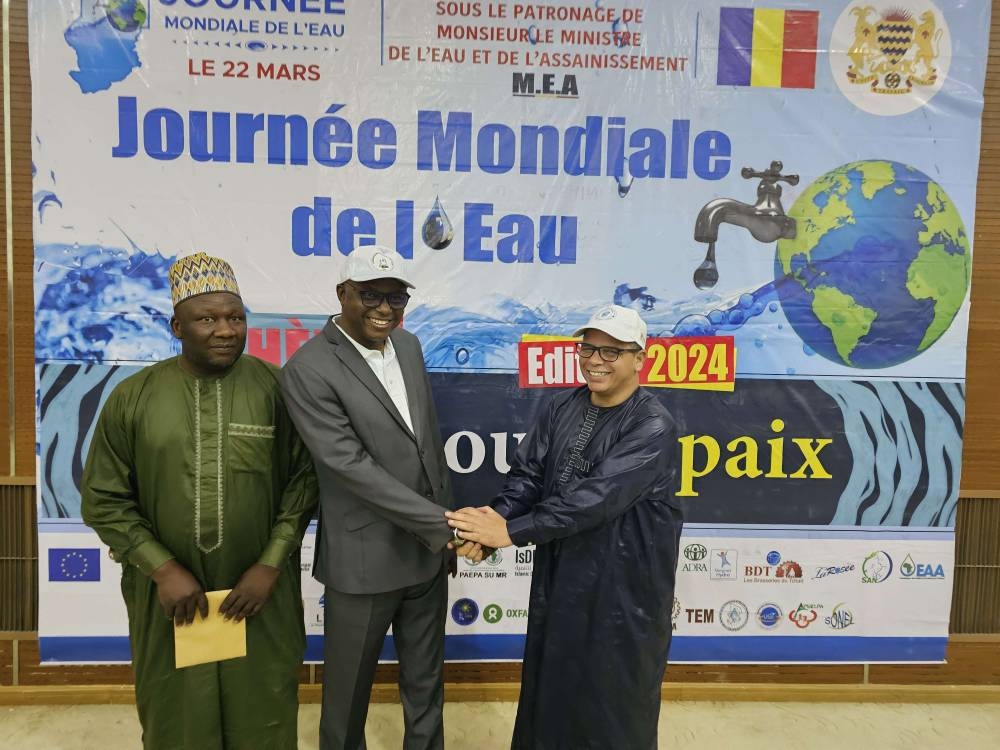Qatar Charity’s efforts have been especially impactful in Chad, where nationwide access to fresh water supplies stands at just 43%.
The Chadian Ministry of Water and Sanitation has hailed Qatar Charity’s (QC) great strides in contributing to the north-central African Republic’s development — especially in tackling the challenge of access to fresh water.
The Ministry said QC ranked in second place nationally, for its efforts to develop the Chadian water and sanitation sectors.
On the occasion of World Water Day on Friday, QC inaugurated 50 deep wells in the capital N’Djamena and neighbouring areas.
The inauguration was attended by Basile Kana-Bi Marcelin, the Chadian Minister of Water and Sanitation, who said QC’s work has been very impactful in addressing water resource challenges, especially in Chad’s capital.
Echoing his colleague’s sentiments, the governor of the seventh district within the capital, N’Djamena, said QC has a history of addressing the capital’s water issues.
“This is not the first time Qatar Charity has contributed to solving the water issue in the area. They previously dug a well for a school in the region, and today they are opening another well,” he said.
While Abdulaziz Jassim Hejji, director of the International Programs and Development Department at QC, Chad’s recognition of the charity’s efforts can be attributed to the continued support it receives from generous donors.
“At Qatar Charity, we dedicate this recognition to the generous donors in Qatar whose support has enabled Qatar Charity to achieve this advanced position in terms of the impact of its developmental interventions in Chad,” he said.
Water insecurity in Chad
At the inauguration of the 50 deep wells established in N’Djamena, Water and Sanitation said QC ranks second nationally for its developmental interventions in the water and sanitation sector in Chad, after UNICEF.
According to the agency, access to fresh water supplies in Chad is at just 43%. Even worse, access to sanitation services stands at 10%.
Inadequate access to fresh water and sanitation facilities has caused outbreaks of diarrhoeal diseases — which is especially harsh on Chad’s children and is a contributing factor to child malnutrition.
Water scarcity also takes its toll on Chadian livestock. Lack of water and fodder deficits, as a result, saw the mass movement of herds to southern Chad. This led to overgrazing in the southern region and sparked tensions, resulting in property damage and loss of life, among farmers and pastoralists.
Further, a survey conducted in October by the Famine Early Warning Systems Network projected that lake water levels in the Lac province would spark isolated attacks by armed groups in 2024.







